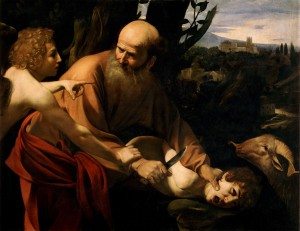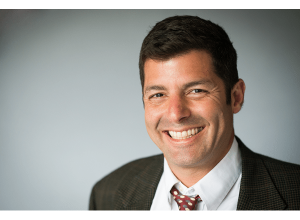Religion and Violence
“The first time I offered a course in Religion and Violence,” says historian and BGSP faculty member Brad Verter, “people thought I was a little bit nuts. It seemed like a contradiction in terms.” Now, he says, “Public opinion has reversed. People are quick to say that religion spawns violence.” As this spring’s BGSP course in Religion and Violence will demonstrate, the truth is much more complicated.
In the course, which is open to non-matriculated students, Verter plans to explore the deep roots of violence in religion across time and context, and to understand the complex interplay between violent and non-violent rhetoric in religion. It used to be that people consistently thought of religion as non-violent, comments Verter. He would have to demonstrate otherwise, not only by examining religious violence against others, which is so common in current newsfeeds, but also by investigating violent practices within religions, such as self-mortification and sacrifice.
Now, he says, “the big misconception is that Islam is a deeply violent religion.” In fact, he points out, “there is just as much about peace and love and forgiveness in Islam as there is in Christianity,” and you can find rationales for violence in every faith tradition.
The bottom line, according to Verter, is that “you have to think about religion and violence critically and more thoughtfully” in order to become a more sophisticated observer of the complex relationship between the two.
Learn more about Dr. Verter’s course on Religion and Violence.
Brad Verter, Ph.D. is on BGSP’s Cultural Studies Faculty and has taught at Emerson College, Williams College, and Princeton University. In addition to his expertise in European and American history, he has taught a number of classes in religion and history, including psychoanalytic approaches to history, the history of sexuality, and theories and methods in the study of religion. He has also taught about American social movements. His published work focuses on historical and theoretical approaches to the study of American culture.






